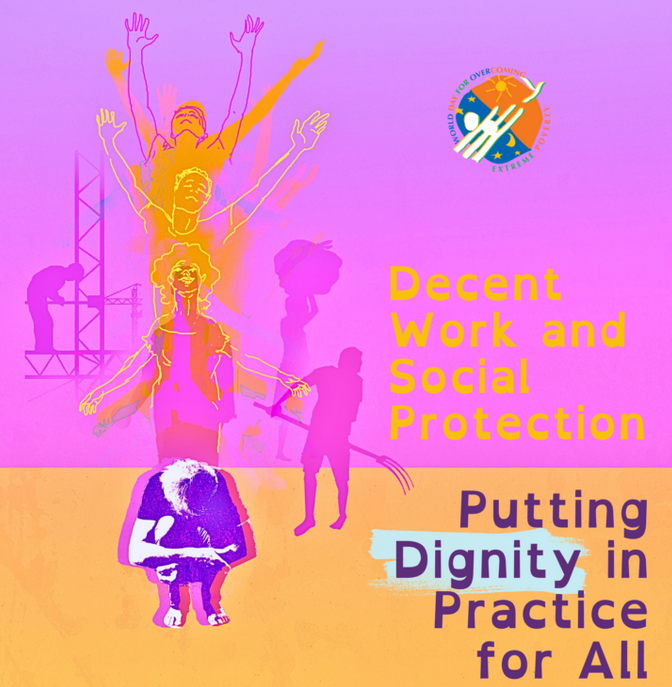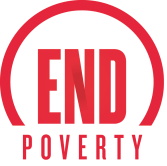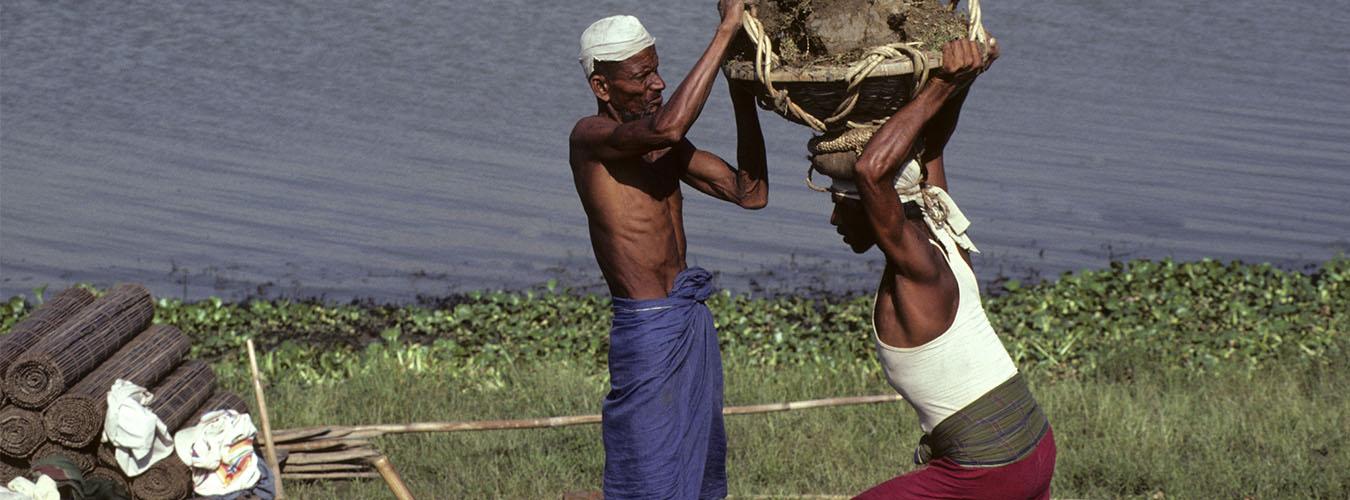2023 Theme
Decent Work and Social Protection: Putting dignity in practice for all
The International Day for the Eradication of Poverty, celebrated annually on October 17th, aims to promote understanding and dialogue between people living in poverty and the wider society. This year's theme draws on first-hand testimonials showing that those trapped in extreme poverty often work long, grueling hours in dangerous, unregulated conditions but still cannot earn enough income to adequately support themselves and their families.
This year's theme calls for universal access to decent work and social protection as a means to uphold human dignity for all people, and to emphasize that decent work must empower people, provide fair wages and safe working conditions, and fundamentally recognize the inherent value and humanity of all workers. Similarly, universal social protection is urgently needed to guarantee income security for everyone, prioritizing society's most vulnerable members. The theme is also a call to political leaders and policymakers to use human dignity as the guiding compass in all decision-making processes, to ensure the advancement of fundamental human rights and social justice over the pursuit of corporate profits.
Strong global partnerships between governments, businesses, and civil society organizations are vital to achieving equitable development and ensuring no one is excluded or left behind. Therefore, this year’s observance is a chance to stand in solidarity with people living in poverty, truly listen to their daily struggles, and renew commitments to create a just economy focused on protecting human and environmental wellbeing over maximizing financial gains. The ultimate goal is to eliminate poverty entirely by creating the conditions for everyone to live with dignity.
Details available in the concept note [PDF]
Background
In a world characterized by an unprecedented level of economic development, technological means and financial resources, that millions of persons are living in extreme poverty is a moral outrage. Poverty is not solely an economic issue, but rather a multidimensional phenomenon that encompasses a lack of both income and the basic capabilities to live in dignity.
Persons living in poverty experience many interrelated and mutually reinforcing deprivations that prevent them from realizing their rights and perpetuate their poverty, including:
- dangerous work conditions
- unsafe housing
- lack of nutritious food
- unequal access to justice
- lack of political power
- limited access to health care
Read more on the background for the Day
Related organizations and information

Poverty Facts and Figures
- Extreme poverty is defined as surviving on less than $2.15 per person per day at 2017 purchasing power parity.
- By the end of 2022, 8.4 per cent of the world’s population, or as many as 670 million people, are expected to be living in extreme poverty.
- An estimated 7% of the global population – around 575 million people – could still find themselves trapped in extreme poverty by 2030.
- In response to the cost-of-living crisis, 105 countries and territories announced almost 350 social protection measures between February 2022 and February 2023.





